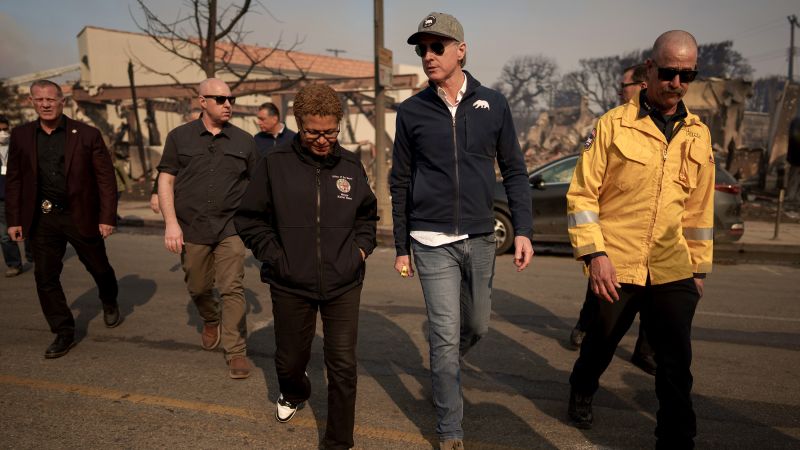Writer Olfa Ben Hussein – in a report on the “Justice Info” website – spoke about a “big controversy” regarding a blog post published by the famous Tunisian mathematician Ahmed Abbas on his Facebook page regarding his lack of understanding of the government’s position regarding its failure to contribute to moving the issue of Israel’s massacres in Syria. Gaza Before International Criminal Court.
It stated that Abbas, a research director at the National Center for Scientific Research in Paris and known for his activity in support of the Palestinian cause, had said in his blog that Tunisia is able to “provide real support for Palestine instead of just being content with empty rhetoric” given that it has signed – along with Palestine and Jordan – On the Rome Statute of the International Criminal Court.
He continued that there was an opportunity for Tunisia to join South Africa, Bangladesh, Bolivia, the Comoros and Djibouti in its request – to the International Criminal Prosecutor on November 17 – to open an investigation into Israeli crimes in Gaza.
petition
The writer stated that Abbas’s post quickly turned into a petition that was published on December 5, and included a group of academics in Tunisia who distributed it to public figures and non-governmental organizations.
The text of the petition, written in Arabic, calls on the authorities to “formally refer the matter to the Prosecutor of the International Criminal Court, and request the opening of an investigation into the crimes of genocide and ethnic cleansing committed by Israeli settlers over the past 75 years. These crimes have increased significantly since October 7.” The first is 2023.”
She added that the Palestinian Ambassador to Tunisia, Hayel Al-Fahoum, welcomed this initiative on December 13, but it did not elicit any reaction from the Tunisian government. The authorities have remained silent regarding the actions, protests, and requests of local non-governmental organizations, which they previously described as “corrupt,” “agents of foreigners,” and even “close to the Zionist movement.”
The writer explains that President Kais Saied expressed on several occasions his country’s full and unconditional support for the Palestinian resistance, and went so far as to sever the “two-state solution” that politicians in the country often support. Never before had Foreign Minister Nabil Ammar made such a large number of statements around the world, affirming Tunisia’s “firm and firm position on the legitimate and immutable rights of the Palestinian people.”
Explanations
The “Justice Info” website stated – in the report – that the Tunisian government has not yet seized the opportunity provided by the International Criminal Court to provide symbolic support to the “brotherly and friendly people.”
The author ruled out the hypothesis of Tunisia’s lack of confidence in the International Criminal Court as a justification for not taking action, given the way in which diplomacy worked to elect Tunisian judge Haykal Ben Mahfouz to the membership of the court in The Hague, who became the first Arab judge to join this court, which was praised by the Tunisian government.
It recalled Tunisia’s abstention from voting on the United Nations General Assembly resolution calling for a ceasefire for humanitarian reasons in Gaza, changing its position on December 12 and this time voting in favor of the same call for a ceasefire.
On November 12, Tunisia also expressed its reservations about most of the provisions contained in the resolution of the extraordinary Arab-Islamic summit held in Riyadh to support Palestine, including the resolution calling for resorting to the International Criminal Court.
Local consumption?
The writer quoted the Director of Public Diplomacy and Media at the Ministry of Foreign Affairs, Mohamed Trabelsi, as saying in response to a question about the reasons for the differing government responses, “We do not rule out any option that would enable the Palestinian people to regain their rights.”
He added, “Our current priority is an immediate ceasefire, and we are working to achieve this goal through our diplomatic and political channels.” He called for focusing on “the real cause of the conflict,” describing what is happening as “an occupation that we condemn and criminalize.”
The author pointed out that the Tunisian economy is mired in debt and depends to repay it on blocs considered allies of Israel, such as the United States and Europe. According to some analysts, the fragility of Tunisia’s economic situation may be the reason why the authorities do not resort to international criminal justice.
The author concluded her report by saying that it is possible that President Saied’s enthusiastic official speech will be directed more “for local consumption,” in the words of a former foreign minister who requested anonymity in light of the campaign to arrest government critics that began last year.






